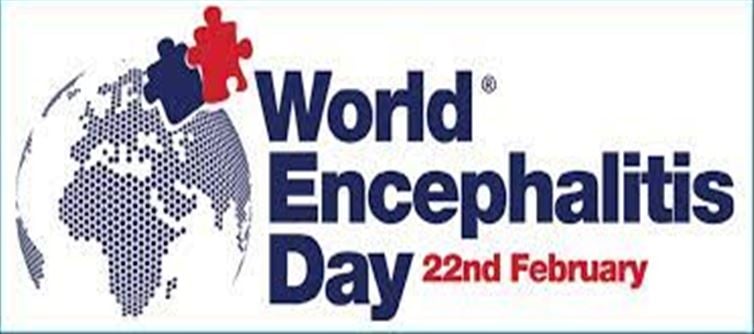
World Encephalitis Day: Danger signs...
Brain inflammation known as encephalitis is brought on by an infection or an autoimmune reaction. On february 22, people around the world recognise World Encephalitis Day as a day to raise awareness of those who have been impacted by this illness. Encephalitis affects one person worldwide every minute, however awareness campaigns are still necessary to combat this illness. In order to reduce the danger of complications or death, encephalitis is a serious condition that needs to be treated right away.
Headache, sensitivity to light, stiff neck, confusion, and convulsions are typical signs of encephalitis. There are many different varieties of encephalitis, and the reasons might range from a viral infection to an unnatural immunological reaction. Herpes simplex virus types 1 and 2, varicella zoster virus, and enteroviruses are a few of the viruses that can cause encephalitis. Viruses spread by ticks, mosquitoes, and other insects or animals may also be to blame.
Warning signs
Encephalitis symptoms might vary depending on the type of encephalitis and the precise parts of the brain that have been inflamed.
Yet, the symptoms of many encephalitis types often overlap.
A flu-like condition usually precedes infectious encephalitis (e.g., headache, high temperature). More severe symptoms typically appear hours, days, or even weeks later. The change in consciousness level is the most alarming discovery. From slight fuzziness or drowsiness to unconsciousness and coma, this can occur. Seizures (fits), dislike to bright lights, difficulty speaking or controlling movement, sensory abnormalities, stiff neck, or unusual behaviour are some other signs.




 click and follow Indiaherald WhatsApp channel
click and follow Indiaherald WhatsApp channel